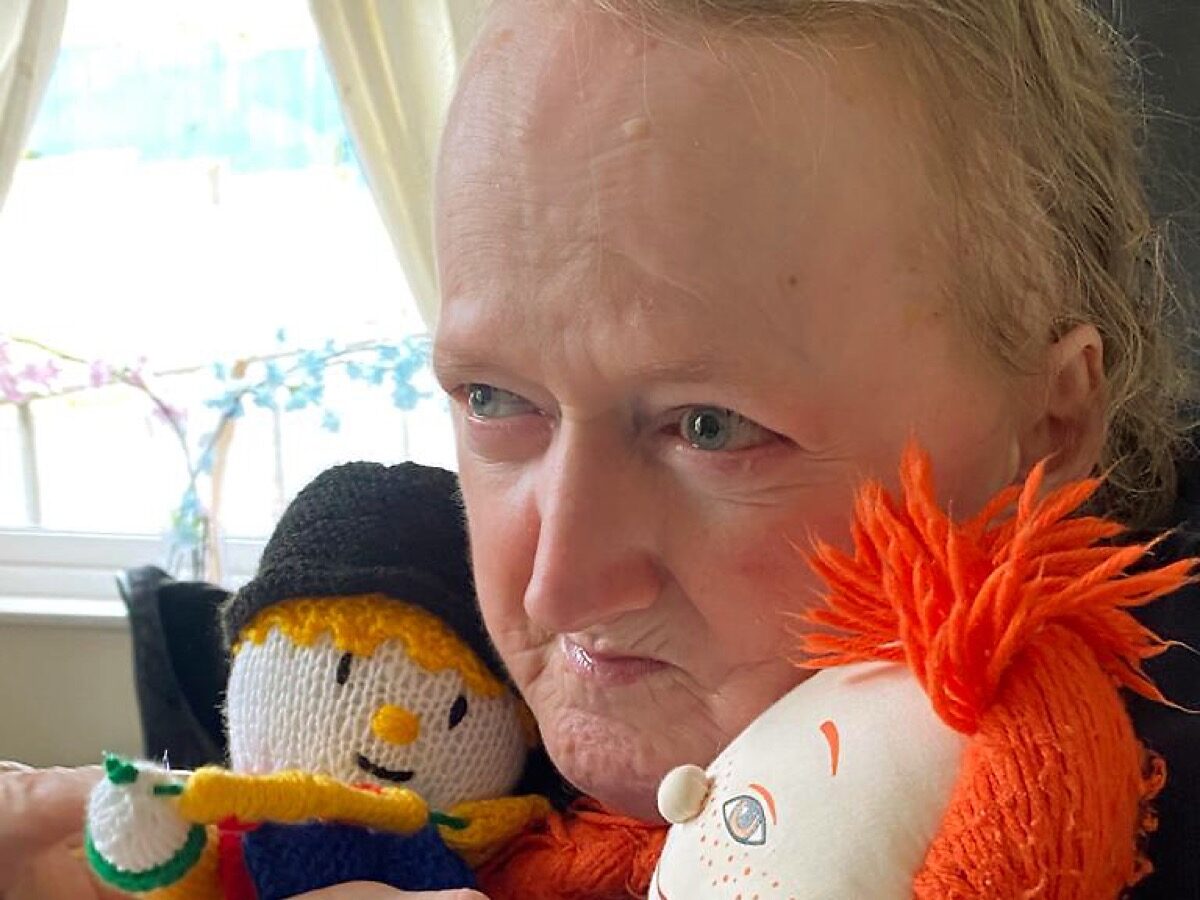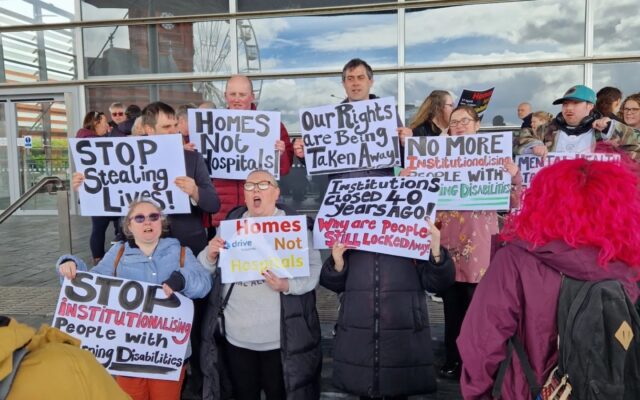The public inquiry into the pandemic has underlined how the government treated disabled people as an afterthought.
Headlines about the UK Covid-19 Inquiry have focused on the toxic working culture and chaos in Boris Johnson’s government. While the inquiry will not cover the care sector until spring, recent testimonies have reflected the pandemic’s negative impact on disabled people.
Hugo Keith, the inquiry’s lead counsel, said: “Mortality rates were higher among people with disabilities, in particular those with a learning disability.”
He added that policymakers should have considered “structural discrimination”.
Higher mortality
Government figures showed that learning disabled people were six times more likely to die from the virus than the general population, and younger learning disabled people 30 times more likely to die.
Danny Friedman KC, on behalf of national disabled people’s organisations at the hearings, told the inquiry there was “no coherent plan” for disabled people at the start of the pandemic. The organisations – Disability Rights UK, Inclusion Scotland, Disability Wales and Disability Action Northern Ireland – criticised the government for overlooking disabled people.
Among the criticisms were:
- The lack of a plan for disabled people throughout the first and second waves
- A reliance on the voluntary sector to fill gaps in support but without mandating this nor funding its involvement
- Disabled people not being included in the pandemic response, despite the higher risks to them
- Limited financial provision for disabled people.
The inquiry follows research, as featured in Community Living (spring 2023), which noted the disproportionate impact on disabled people from black, Asian or minority ethnic backgrounds. The National Commission on Covid-19, Disablism and Systemic Racism found that systemic racism embedded in the government’s responses to the pandemic may have exacerbated outcomes.
Separately, the Coronavirus and People with Learning Disabilities study has exposed the devastating impact on this population. It showed that people with profound and multiple disabilities still face permanent disadvantage as a result of Covid.
It has not been confirmed when – or if – the inquiry will hear directly from people with learning disabilities or their families. In the absence of such testimonies, it is worthwhile acknowledging the recent pandemic stories event arising from the Coronavirus and People with Learning Disabilities Study.
Co-hosted by Learning Disability England, it involved people sharing their stories of living through the pandemic (see box, below). It is the sort of witness statement the inquiry needs.
Katherine Runswick-Cole, professor of eduction at Sheffield University, attended and later posted on social media: “I wish the inquiry would hear directly from people with learning disabilities… people [at the online event] gave such powerful testimonies, they want to be heard and said repeatedly, ‘this must never happen again’.”
If another pandemic happens, people with learning disabilities want – and deserve – far better support from the government.





